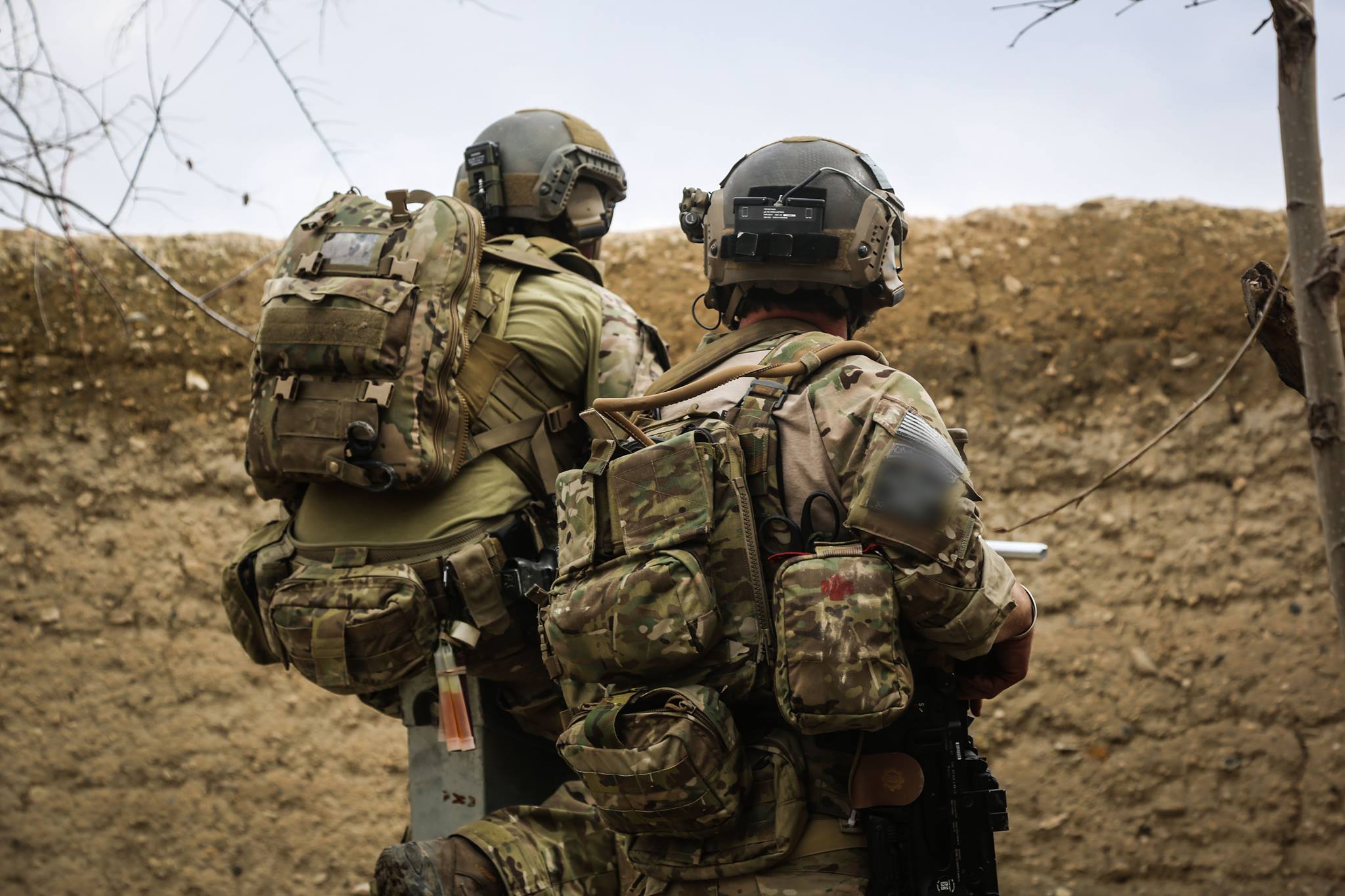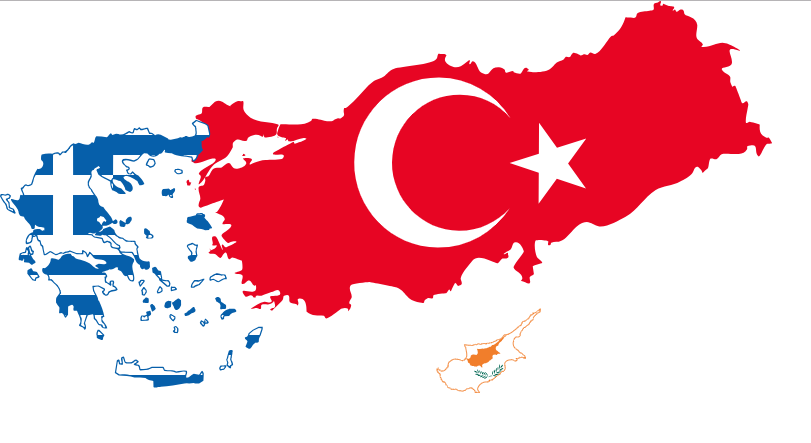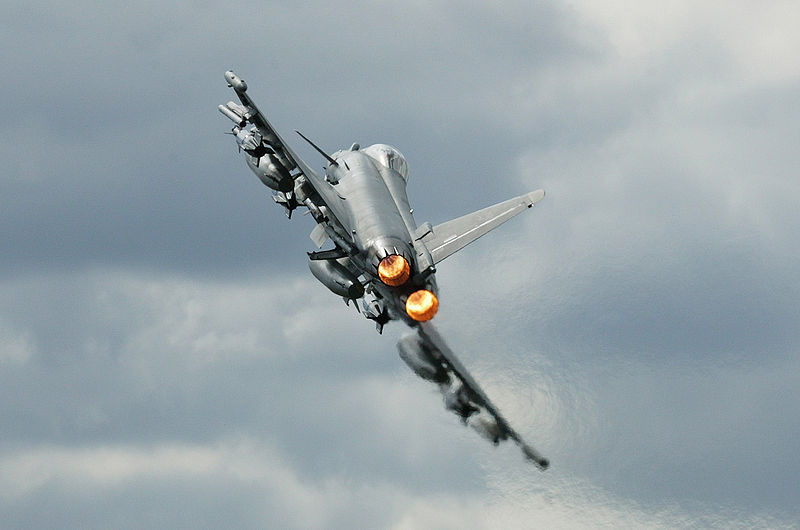At first glance, Afghanistan seems to possess all the preliminary conditions: a weak government, a great deal of corruption, recent history of Radical Islamic rule, and a porous border, facilitating passage in and out for foreign fighters. However, this may be misleading.
I am basing my assesment on these assumptions: first, that ISIS will seek to maximise its chances of success by betting on a sustainable long-term strategy, otherwise it will lose momentum, and in turn it will lose its attractiveness for donors as well as its recruitment powers.
Secondly, that ISIS needs to operate from an isolated, unreachable headquarter to efficiently coordinate its operations; and thirdly, that unless ISIS’s campaign against the West reaches new levels of horror to feed its invincibility myth, the caliphate will need a solid additional foothold to maintain its operation and keep its current capabilities.
Since January, more than 1600 civilians have been killed, 60% of which blamed are on the Taliban or other armed groups opposed to the government, and in 2015 alone, 250,000 Afghans joined the stream of refugees to Europe, the highest since the beginning of the migrant crisis.
The fact that ISIS-Korasan has already been established as a base for operations in South-East Asia should also be a red flag, making this an actual base of operations aimed to project power, and not just planting roots in Afghanistan.
Context
On July 7, 2016, ISIS claimed responsibility for an attack in Kabul, resulting in 80 dead and over 230 injured. The attack came one week after President Barack Obama announced that the U.S would leave 8,400 troops in the country, compared to the initial 5,000 planned. The scale of the damage and high death toll raises a red flag on ISIS’s intention in the region. The intelligence community, however, doubts the group itself is directly responsible.
The Khorasan Province or Wilayah Khorasa, was established in January 2015 as the Afghan branch of the Islamic State. Since then, the group has expanded its presence in Nangarhar, Helmand and Farah, where it clashed with the Taliban. Current US intelligence estimates the number of ISIS troops in Afghanistan at over 1000 people, but the group also counts on the support of the Islamic Movement of Uzbekistan.
Although the organization is known as the richest terrorist group in the World, ISIS has actually lost 15 cash depots over the past 3 months, lost 40% of the territory under its control, and is sensing the pressure around its current Syrian capital, Al-Raqqa. The recent rebranding of Jahbat al-Nusra, Al-Qaeda’s affiliate in Syria, resulted in a new autonomous organization with claims over the whole Sham region, and will likely draw the majority of Islamic groups around it dealing a hard blow to the Islamic State, and making it all the more important for ISIS to hedge against additional setbacks by finding a second powerful stronghold.
Chances of success
ISIS’s recent claim of responsibility does not translate into actual capabilities on the ground. Further, the targeting of Hazara minority would likely backfire against any attempt to gain popular support. A note by the US Congress Research Service finds that most Afghans already consider Taliban practices relatively moderate compared to those of the Islamic State.
ISIS’s most recent operations seems to be reactive rather than proactive, as in the recent killing of the men accused of working against the caliphate as a retaliation for the murder of ISIS jihadi leader Saad al-Imarat.
There is a certain level of autonomy to ISIS-Korasan. The name of the organization suggests an area of control rooted in history with no connection to ISIS, but in July, General John Nicholson, commander of U.S. and NATO troops in Afghanistan, confirmed the ISIS franchise in Afghanistan was connected to the parent organization. This means that the local branch had financial and communicational connections with the organization’s core, contradicting a recent assessment by the Pentagon, which spoke of limited capacities. More importantly, Nicholson said S-K is attempting to develop its funding streams within Afghanistan.
The other major obstacle to ISIS in the country is the Taliban, which has regained much strength in the past few years. In June 2015, The Taliban’s number two, Akhtar Mohammad Mansour, wrote to the Islamic State that the fight against Americans in Afghanistan could only bear one flag. Much of ISIS-Korasan in Afghanistan has been focused against them, after attracting numerous disgruntled Taliban leaders who had grown angry at Taliban losses against the government, but since 2014, the Taliban were able to score important victories in the North.
What should Policy Leaders be Watching for?
As a result of increased political instability in Afghanistan, a window of opportunity has opened for ISIS.
The United States, wary of another costly intervention, is tied up with the Syrian civil war and the Saudi-Iranian arbitration. This means that even the current comprehensive support, the U.S. military is giving to Kabul. This may not be enough to prevent a well-organized coalition of armed groups to create their own state, once again, in Afghanistan.
Disclaimer: Any views or opinions expressed in articles are solely those of the authors and do not necessarily represent the views of the NATO Association of Canada.




